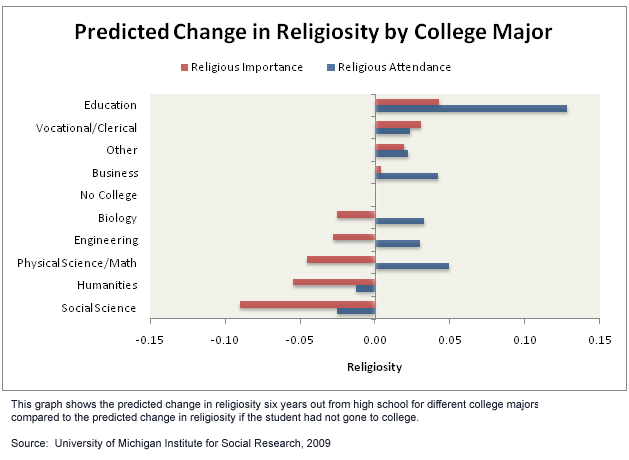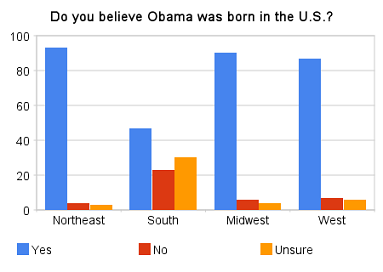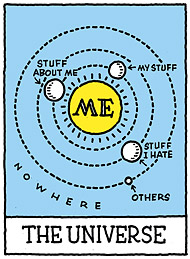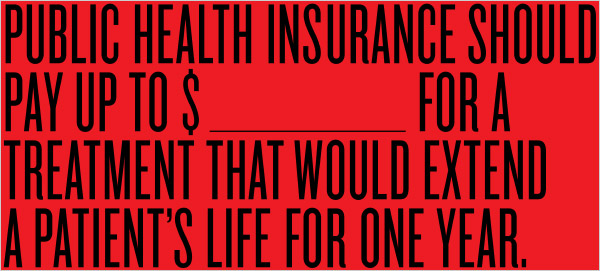Well before Mao’s “continuous revolution“, Thomas Jefferson suggested that revolutions should be, if not continuous, at least fairly regular.
God forbid we should ever be twenty years without such a rebellion. The people cannot be all, and always, well informed. The part which is wrong will be discontented, in proportion to the importance of the facts they misconceive. If they remain quiet under such misconceptions, it is lethargy, the forerunner of death to the public liberty. …
And what country can preserve its liberties, if its rulers are not warned from time to time, that this people preserve the spirit of resistance? Let them take arms. The remedy is to set them right as to the facts, pardon and pacify them. What signify a few lives lost in a century or two? The tree of liberty must be refreshed from time to time, with the blood of patriots and tyrants. It is its natural manure.
This was in November of 1787 (the year the US Constitution was drafted), in the aftermath of Shays’ Rebellion in Massachusetts, while Jefferson was serving as ambassador to France. (Ironically, twenty years later Jefferson was in his second term as President, and not really looking for a rebellion.)
That’s all by way of historical context for this photo from one of the town-hall protests this last week:

Perhaps there’s a more benign interpretation of the sign than a call for the assassination of Barack Obama, but it’s not springing to mind.




 Current events bring to mind, as they must from time to the, the words of the immortal Lord Buckley. Mr Gates has been at Harvard far too long to be hip, of course (what’s too long? Buying a ticket for Cambridge?), but surely there was a time when he would have remembered Buckley’s critical piece of advice:
Current events bring to mind, as they must from time to the, the words of the immortal Lord Buckley. Mr Gates has been at Harvard far too long to be hip, of course (what’s too long? Buying a ticket for Cambridge?), but surely there was a time when he would have remembered Buckley’s critical piece of advice:
